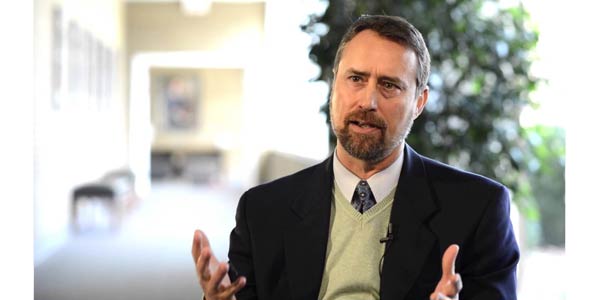 by John Calvin
by John Calvin
Moreover, the rule which distinguishes between pure and vitiated worship is of universal application, in order that we may not adopt any device which seems fit to ourselves, but look to the injunction of Him who alone is entitled to prescribe. Therefore, if we would have Him to approve our worship, this rule, which he everywhere enforces with the utmost strictness, must be carefully observed. For there is a twofold reason why the Lord, in condemning and prohibiting all fictitious worship, requires us to give obedience only to his own voice. First, it tends greatly to establish His authority that we do not follow our own pleasures but depend entirely on his sovereignty; and, secondly, such is our folly, that when we are left at liberty, all we are able to do is to go astray. And then when once we have turned aside from the right path, there is no end to our wanderings, until we get buried under a multitude of superstitions. Justly, therefore, does the Lord, in order to assert his full right of dominion, strictly enjoin what he wishes us to do, and at once reject all human devices which are at variance with his command. Justly, too, does he, in express terms, define our limits that we may not, by fabricating perverse modes of worship, provoke His anger against us.
I know how difficult it is to persuade the world that God disapproves of all modes of worship not expressly sanctioned by His Word. The opposite persuasion which cleaves to them, being seated, as it were, in their very bones and marrow, is, that whatever they do has in itself a sufficient sanction, provided it exhibits some kind of zeal for the honor of God.
 Many thanks to Travis Fentiman for putting this resource together.
Many thanks to Travis Fentiman for putting this resource together.
 by Dr. Michael J Kruger
by Dr. Michael J Kruger Jonathan Edwards noted the great danger of falling into the sin of self-righteousness as a believer. He explained:
Jonathan Edwards noted the great danger of falling into the sin of self-righteousness as a believer. He explained: by John Calvin
by John Calvin by Dr. James White
by Dr. James White If you are more passionate about politics than advancing the gospel of Christ among the lost, then perhaps you should ask yourself where you are placing your hope and which kingdom are you are a citizen of. (John 18:36, Phil. 3:20)
If you are more passionate about politics than advancing the gospel of Christ among the lost, then perhaps you should ask yourself where you are placing your hope and which kingdom are you are a citizen of. (John 18:36, Phil. 3:20)